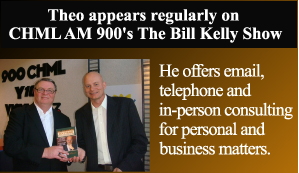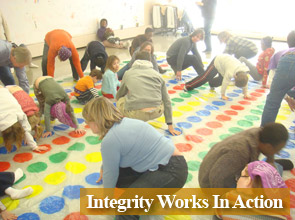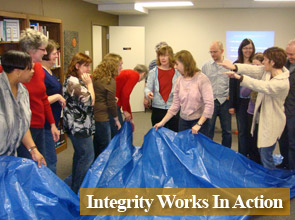“You see, any human being is originally-he may forget it, or repress this-but originally he is a being reaching out for meanings to be fulfilled or persons to be loved.”
I love that quote. It’s from a Matthew Scully interview of a then 95 year old Viktor Frankl reflecting on his life’s work. Viktor Frankl wrote, among many other books, “Man’s Search for Meaning” and later founded Logotherapy, a school of psychotherapy based on the premise that our primary motivational force is to find meaning in our lives. “Man’s Search for Meaning”, written in 1956, documented the horrible suffering of concentration camp prisoners, including Mr. Frankl himself, and in part focused on trying to make sense of how people, even in the midst of the most brutal circumstances imaginable, could somehow find purpose in life. It’s an absolutely compelling read, and for those who have not yet read it, I strongly recommend that you do. You’re likely not going to find a better book to help you gain perspective. Consider also that Mr. Frankl’s quote of “any human being” includes the guards who terribly oppressed him.
But why do I mention the book here, in a blog on an organizational culture website? I hasten to note that I do not at all mean to draw comparison between the experiences of concentration camp survivors and people’s working conditions and environments. I do not wish to diminish the unfathomable suffering of the former and their loved ones. But what is relevant, I think, is this concept that we all are meaning-making beings, and that it is not the situation that we are in that necessarily determines our state of mind, our happiness, and the way we treat others. More than anything, the ability of people who suffer greatly, but still find a way of feeling hope, offering kindness to even people who oppress them, while struggling to maintain their values, speaks to the importance of personal qualities like attitude, personal conviction, freedom of thought and will and faith. Let those people inspire us.
I’m sure you’ve come across chronic complainers at your work place-always moaning about how their job “sucks”, and how poorly they’re being treated, and how they’re never given enough appreciation, acknowledgement, reward, and respect. Often times these are the same people who treat other people with disrespect, who work to rule, who are sullen, uncooperative, unfriendly, even at times bullying. If you ask them why, they invariably will talk about how they aren’t being treated fairly. If they were treated better then maybe they would treat other people better. How could they possibly be positive given how poorly they’re being treated? And really, their job is beneath them-they deserve far more.
Now I’m not saying that they’re not being treated poorly and, if there are inequity issues, they should be addressed. But at the same time, is it not possible for them to make some personal meaning out of their jobs and to find a way to spread some sunshine (some “love”) around for their colleagues? I believe that co-workers have a responsibility to each other to raise each other up if possible, and I’d like to believe that we are better off if we embrace a commitment to ourselves to find some meaning in anything we do. Tell me you haven’t heard someone whistling as they’ve cleaned-perhaps they know the contribution they’re making and perhaps they feel good about their work ethic and being able to provide for themselves and their loved ones. From this perspective, there are no meaningless jobs, unless we let them be.
Meaning is created by us. Meaning is not found in our jobs inherently, we have to decide what meaning to make of our work, and whether part of that meaning can be about helping our co-workers make their lives positively meaningful.
I was asked once by a manager why he should bother supporting his team when “upper management” treated him “like crap”. Why should he care if others didn’t? I gave him a half decent answer about personal accountability I suppose, but I really wish I had had this quote from “Man’s Search for Meaning” to offer him at the time: “We who lived in concentration camps can remember the men who walked through the huts comforting others, giving away their last piece of bread. They may have been few in number, but they offer sufficient proof that everything can be taken from a man but one thing: the last of the human freedomsto choose one’s attitude in any given set of circumstances, to choose one’s own way.”
Thanks for “listening”,
Yours,
Theo













